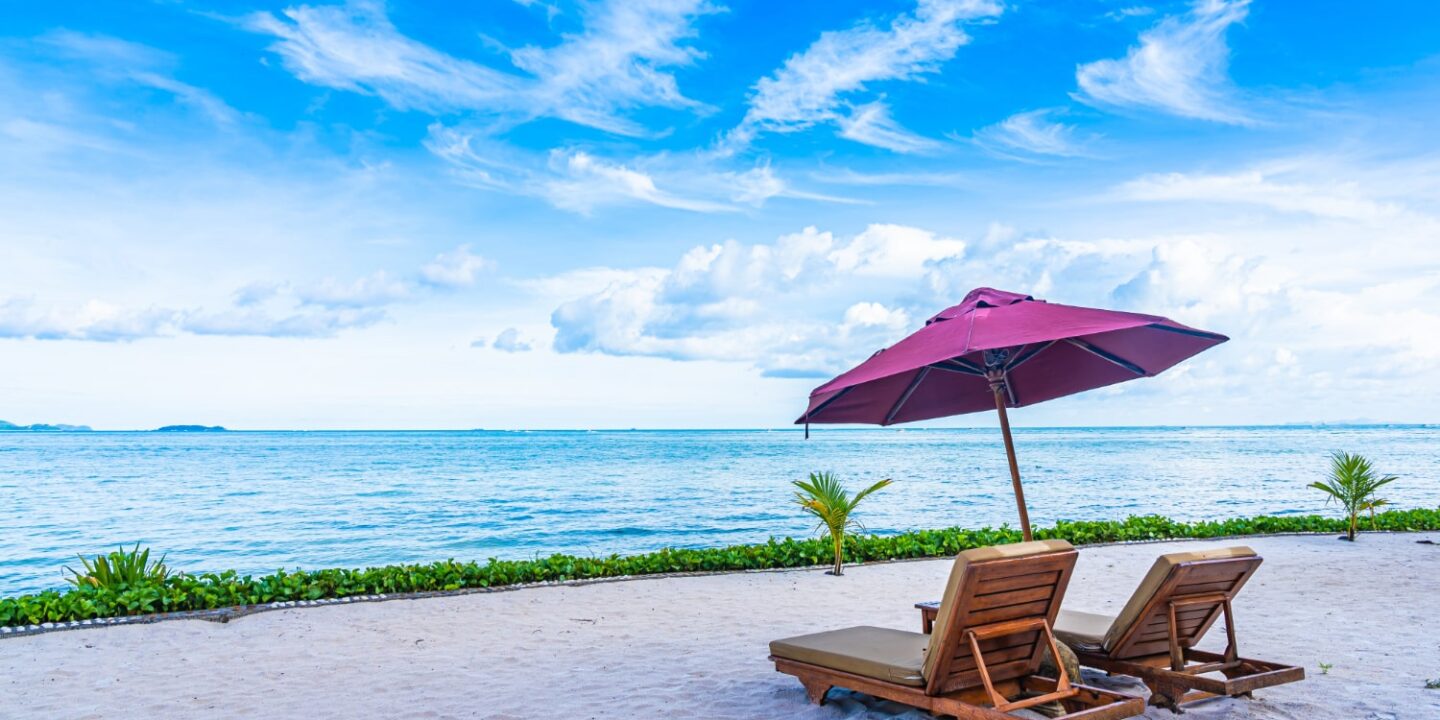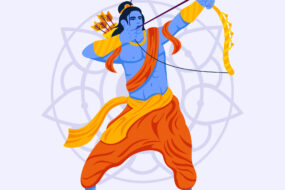
Introduction:
In an era where social media is a powerful force, a seemingly innocent Instagram post can spark unexpected diplomatic tensions. This is precisely what unfolded when Prime Minister Modi shared a casual beach photo on January 5, leading to a controversy between India and the Maldives. Let’s delve into the details, exploring the roots of the India-Maldives Controversy and the surprising impact on travel preferences and global perceptions.
The Social Media Stir:
Imagine posting a cool beach photo on Instagram, thinking nothing of it. That’s what Prime Minister Modi did, inviting people to explore the beauty of Lakshadweep. However, the post backfired a social media storm when three Maldivian ministers, Maryam Shiuna, Malsha Shareef, and Mahzoom Majid, took to Twitter, making critical comments about India and the Prime Minister. From questioning India’s international ties to claiming a threat to Maldivian tourism, the situation arose rapidly.
Diplomatic Dialogues of India-Maldives Controversy
The social media spat didn’t go unnoticed by the Indian government, which promptly raised the issue with the Maldivian authorities. In response, the Maldives government took instant action, suspending the three ministers involved and emphasising that their personal opinions did not represent the official stance of the Maldives. This incident highlighted the delicate controversy between social media interactions and diplomatic relations in today’s interconnected world.
India-Maldives Controversy Friendship:
Zooming out from the immediate India-Maldives Controversy relationship holds strategic importance in the Indian Ocean Region (IOR). Initiatives like ‘SAGAR’ and the ‘Neighbourhood First Policy’ underline the commitment of both nations to mutual growth and cooperation. However, recent tensions, including the Maldivian president’s call for the withdrawal of Indian military presence, have added layers of complexity to their diplomatic ties.
China’s Observations:
As the controversy unfolded, it caught the attention of China, introducing a geopolitical dimension to the narrative. Chinese state media outlet Global Times praised President Mohamed Muizzu’s foreign policy decisions, interpreting the strained relationship with India as a move towards a more normalised state-to-state relationship.
Domestic Ripples and Social Media Trends:
Back in India, the controversy resonated on a national scale. Notable personalities, including Akshay Kumar and Shilpa Shetty, expressed their interest in exploring Lakshadweep. Simultaneously, a wave of cancellations hit the Maldives’ tourism sector, with social media flooded with screenshots of cancelled vacation plans. The hashtag #ExploreIndianIslands gained momentum, reflecting a collective shift in focus towards India’s own coastal destinations.
Tourism and Economic Impact on India-Maldives Controversy
Beyond the diplomatic discourse, the controversy holds significant implications for the tourism industry. The Maldives heavily relies on tourism for economic stability, and the social media fallout has led to cancellations, potentially impacting the nation’s tourism revenue. Meanwhile, the hashtag #ExploreIndianIslands has become a rallying cry for Indians redirecting their travel aspirations towards the diverse and breathtaking beaches within their own country.
The Power of Social Media:
This incident serves as a vivid reminder of the far-reaching consequences of social media interactions in shaping international narratives. A seemingly ordinary Instagram post can become a focus point for India-Maldives Controversy , influencing public sentiment, travel choices, and economic decisions on a global scale. In the tweets, tensions, and trending hashtags, the controversy highlights the intricate between the virtual and real-world impacts of social media in the modern age.
Conclusion:
In the end, as India and the Maldives try to sort things out after this social media mess, it teaches us a lot about how countries deal with each other. This Instagram problem shows that countries need to be careful when they use social media and think about how it might affect how people see them worldwide. It’s like a story about how one small post can cause big trouble, making us realise that what happens online can have a real impact on the world we live in.
Search
Recent Post
Revolutionising Industries: The Impact of AI on
- January 27, 2024
- 4 min read
Navigating the Digital Landscape: The Profound Impact
- January 24, 2024
- 3 min read
When Instagram Meets Diplomacy: The India-Maldives Controversy
- January 20, 2024
- 4 min read







